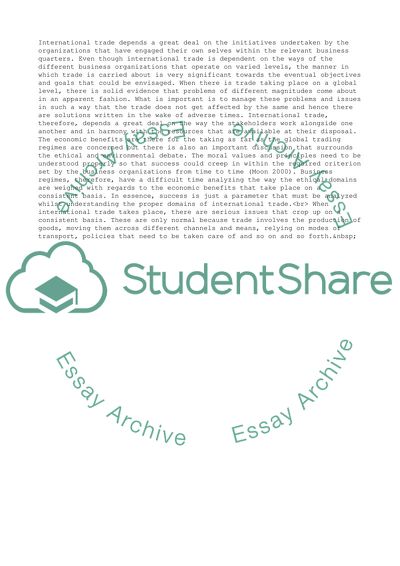Cite this document
(Analysis of the Trade-Off between the Economic Benefits as Opposed to Case Study, n.d.)
Analysis of the Trade-Off between the Economic Benefits as Opposed to Case Study. Retrieved from https://studentshare.org/business/1728795-international-business-in-emerging-markets
Analysis of the Trade-Off between the Economic Benefits as Opposed to Case Study. Retrieved from https://studentshare.org/business/1728795-international-business-in-emerging-markets
(Analysis of the Trade-Off Between the Economic Benefits As Opposed to Case Study)
Analysis of the Trade-Off Between the Economic Benefits As Opposed to Case Study. https://studentshare.org/business/1728795-international-business-in-emerging-markets.
Analysis of the Trade-Off Between the Economic Benefits As Opposed to Case Study. https://studentshare.org/business/1728795-international-business-in-emerging-markets.
“Analysis of the Trade-Off Between the Economic Benefits As Opposed to Case Study”, n.d. https://studentshare.org/business/1728795-international-business-in-emerging-markets.


